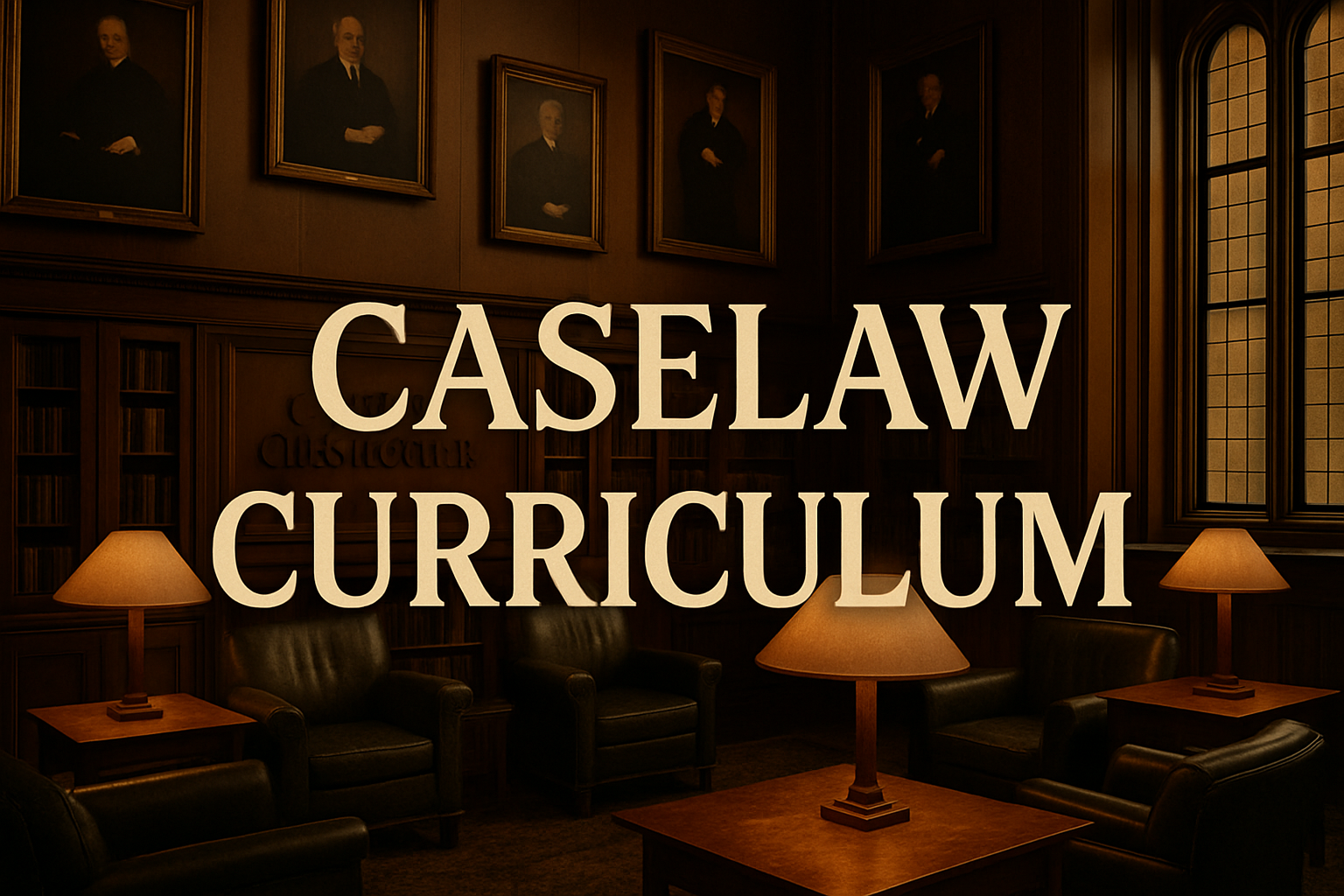Share This Article:

SCOTUS Found No Due Process Worry with Picking Calif. Law over Alaksa Proviso in Contract
02 Oct, 2025 Frank Ferreri

Caselaw Curriculum
In providing a remedy for a liability that the state was authorized to impose -- workers' compensation benefits -- California was not required by the 14th Amendment to prescribe the Alaska remedy rather than its own. Simply Research subscribers have access to the full text of the decision.
Case
Alaska Packers Association v. Industrial Accident Commission of California, 294 U.S. 532 (1935)
What Happened
A worker was hired by a California-based business to work in Alaska during salmon-canning season. The business transported the worker to Alaska and back to California. The worker signed a contract that recited that he elected to be bound by Alaska's workers' compensation law. At the time, California's workers' compensation law provided that "the commission shall have jurisdiction over all controversies arising out of injuries suffered without the territorial limits of this state in those cases where the injured employee is a resident of this state at the time of the injury and the contract of hire was made in this state."
After he returned to California, the worker applied for and received an award by the California Commission in compensation for injuries he sustained during his employment in Alaska.
The California Supreme Court upheld the ruling, determining that the stipulation in the contract that Alaska law should govern was invalid.
The business appealed to the U.S. Supreme Court.
Rule of Law
The due process clause of the U.S. Constitution denies a state the power to restrict or control the obligation of contracts executed and to be performed outside the state as an attempt to exercise power over a subject matter not within its constitutional jurisdiction.
But where the contract is entered into within the state, even though it is to be performed elsewhere, its terms, its obligation, and its sanctions are subject, in some measure, to the legislative control of the state. The fact that the contract is to be performed elsewhere does not of itself put these incidents beyond reach of the power that a state may constitutionally exercise.
What the U.S. Supreme Court Said
The Supreme Court found that California had a legitimate public interest in controlling and regulating the employer-employee relationship so as to impose a liability upon the employer for an injury suffered by the employee and providing a remedy available to the employee in California.
"The meager facts disclosed by the record suggest a practice of employing workers in California for seasonal occupation in Alaska, under such conditions as to make it improbably that the employees injured in the course of their employment in Alaska would be able to apply for compensation there," the Court wrote. "The probability is slight that injured workmen, once returned to California, would be able to retrace their steps to Alaska."
Verdict: The Court affirmed the California Supreme Court's ruling in the worker's favor.
Takeaway
California's interest in affording adequate protection to injured workers satisfied due process concerns with its enforcing its on law instead of Alaska law, even though the contract the worker signed called for Alaska law to govern.
AI california case file caselaw case management case management focus claims compensability compliance compliance corner courts covid do you know the rule employers exclusive remedy florida glossary check Healthcare hr homeroom insurance insurers iowa kentucky leadership NCCI new jersey new york ohio pennsylvania roadmap Safety safety at work state info tech technology violence WDYT west virginia what do you think women's history women's history month workers' comp 101 workers' recovery Workplace Safety Workplace Violence
Read Also
- Jan 31, 2026
- Frank Ferreri
- Jan 31, 2026
- Chris Parker
About The Author
About The Author
-
Frank Ferreri
Frank Ferreri, M.A., J.D. covers workers' compensation legal issues. He has published books, articles, and other material on multiple areas of employment, insurance, and disability law. Frank received his master's degree from the University of South Florida and juris doctor from the University of Florida Levin College of Law. Frank encourages everyone to consider helping out the Kind Souls Foundation and Kids' Chance of America.
More by This Author
Read More
- Jan 31, 2026
- Frank Ferreri
- Jan 31, 2026
- Chris Parker
- Jan 31, 2026
- Liz Carey
- Jan 30, 2026
- Frank Ferreri
- Jan 29, 2026
- Chris Parker




